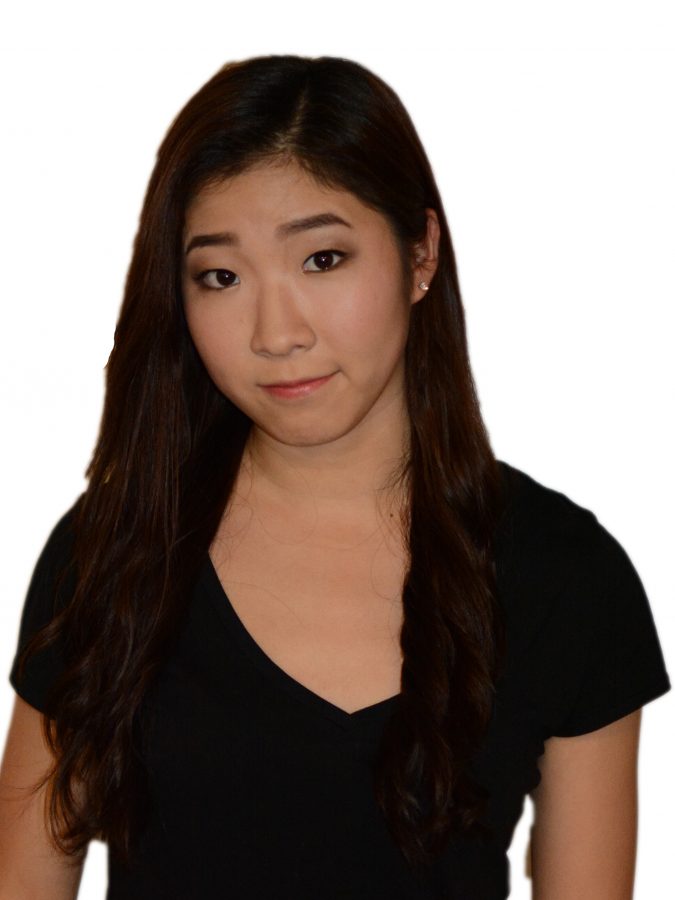Super Bowl advertisements reflect growing US partisanship
Feb 8, 2017
Advertisers covet the multimillion-dollar commercial spots that air during the Super Bowl, due to the large audiences that tune in to watch not only the football game, but the creative advertisements.
Companies invest much more into these advertisements as they recognize the high levels of attention and anticipation from the viewers. This produces work that is unique and created with even more scrutiny than any regular advertisement.
There are a multitude of attention-grabbing tactics that advertisers utilize. For the past decade, the most frequently used tactic was humor or cleverness — a commercial that would get a laugh, stick in the mind of the viewer or even compel the viewer to share the video with his or her friends.
We can observe this popular “humor tactic” in the most memorable and most viewed Super Bowl commercials in the past few years.
USA Today’s Ad Meter allows people to vote for their favorite advertisements from the Super Bowl each year. By having voters assign a score of 1-10 on each advertisement that aired during the Super Bowl, USA Today can average the scores to determine the top commercial each year.
Get The Daily Illini in your inbox!
In 2007, the highest ranked Super Bowl advertisement was a Budweiser commercial of crabs worshipping an ice chest of beer. In 2010, it was a Snickers commercial featuring Betty White playing football, coining the tagline, “You’re not you when you’re hungry.”
These are only a few of the countless Super Bowl commercials that utilize humor as the main attention-grabbing technique. In the past, this technique seems to have resonated with viewers who gave these commercials high scores.
However, in more recent years, commercials have reached a new era in which emotional, social justice tactics have been used more frequently in order to capture the viewer’s attention. From 2015, Always’ “Like a Girl” commercial battling female stereotypes and discrimination took off as one of the highest rated commercials that year.
This year, some of the highest ranked commercials included Audi’s “Daughter,” which took on gender-discriminatory unequal pay, and Airbnb’s “We Accept,” which criticized ethnic, religious and LGBT discrimination.
Not only were these new commercials emotionally compelling, but some even took a clear political stance on social issues. Budweiser’s “Born the Hard Way” alluded to President Donald Trump’s controversial executive order on immigration by illustrating the immigrant story of Budweiser’s German immigrant founder. It’s a 10 Haircare’s “Four More Years” commercial even took a jab at President Trump’s hair.
84 Lumber’s “The Journey Begins” follows a mother and daughter as they venture from Mexico to the United States. Deleted footage available on the 84 Lumber website depicts the full commercial — the mother and daughter reaching their destination only to face the huge wall that separates the two countries.
The political and activist nature of these commercials reflect on the current state of the country, with active political involvement of more people than ever before. The commercials target what the public is interested in — the Trump administration’s policies and values. This is evident by the growing partisanship and active voicing of ideas in our country.
This change in the field of advertising appears to be effective — the most controversial advertisements are shared and discussed more than ever. These commercials are designed to make people think through new perspectives and compelling visual representations. These advertisements create discussion and dialogue by forcing viewers on each side of the debate to take a look at how the other side thinks.
While cute puppy videos or catchy jingles will always have a place in the attention-grabbing tactics of our advertisers, the new era of commercials putting social and political issues into the limelight is even more compelling.
Rather than capturing the viewer’s interest through cheap, easy tactics, the advertising field is changing for the better by initiating discussion through controversial topics.
Minju is a sophomore in Media.






